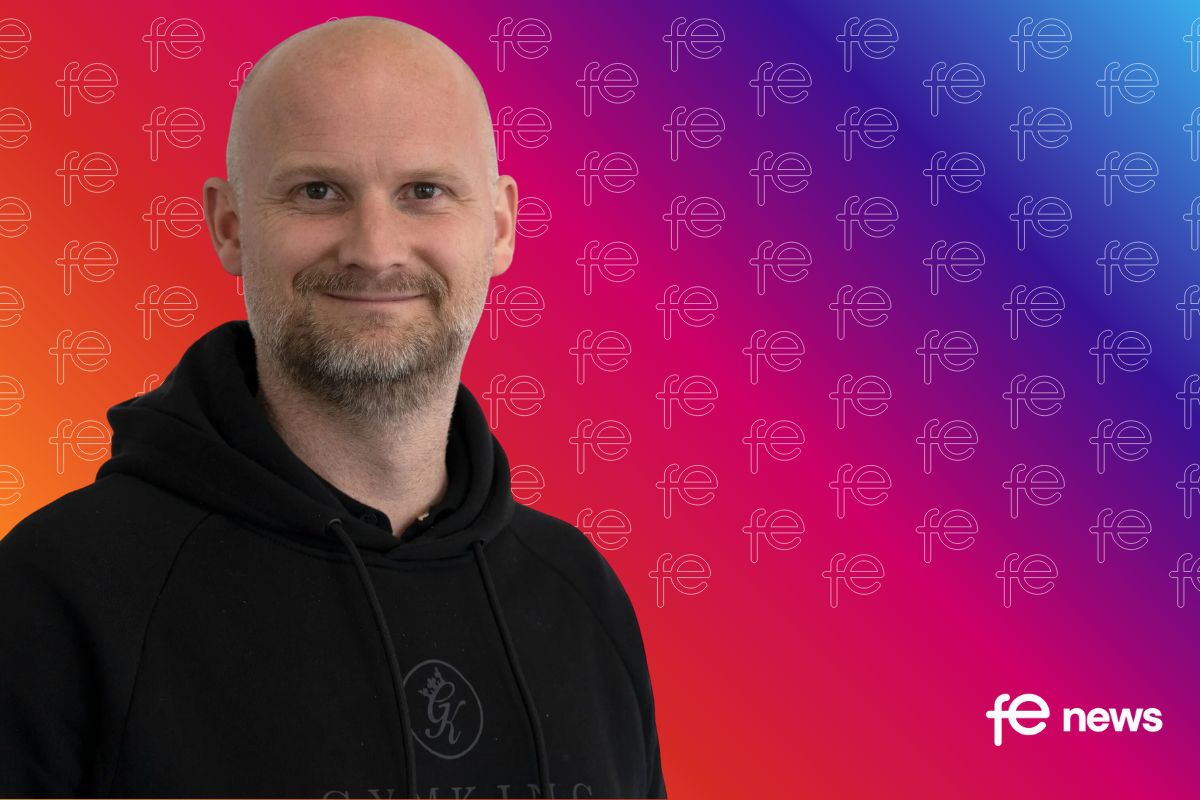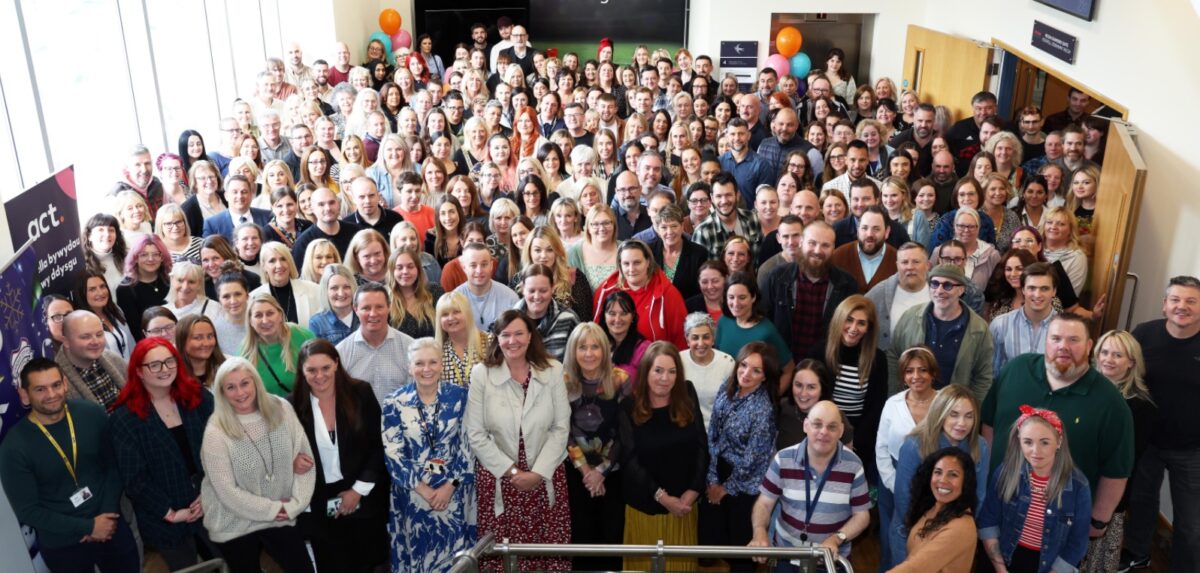Educational institutions need to stop conditioning students exclusively for full-time employment

For far too long in the UK, there has been undue focus on getting young people from school to university, and a collective failure to see that there are other educational paths which also hold huge opportunities for both individuals and businesses. That problem is now being increasingly recognised in public discourse and the Government seems keen to right that long-term wrong. Greater attention has been given of late to promoting technical educational options following the roll-out of T Levels and the reforms to the apprenticeships system. That’s a good thing.
But another significant problem that is mentioned less often is that there is also far too great a focus on getting young people from universities straight to the full-time job market. That, of course, has been the traditional employment path for decades – go to university, graduate, and land a full-time job. We need to disrupt that assumption, because the world of work is changing. The number of self-employed people in the UK has been on the rise for years, and post-pandemic that transformation is only going to accelerate.
There is no longer just one path to a successful career
The pandemic has upended assumptions about the world of work, showing us that there is no longer just one path to a successful career, but many different routes. The sudden changes we were all forced into – employers and employees alike – have shown individuals they can work for themselves by marketing their skills remotely to businesses and companies right across the country or indeed around the world. It has shown that flexibility is attainable. It has, crucially, also shown businesses they don’t need to keep treading the same path, that they can structure their workplace and their workforces differently going forwards.
And while the term ‘freelancers’ is normally associated with those working in creative arts, it is increasingly becoming applicable to people across all sorts of sectors, including the more traditional careers you would typically associate sitting neatly within an office and a full-time employer dynamic. I’m talking about the surveyors, the accountants, the marketers, the lawyers – but they have been shown there is no reason they cannot live a more agile freelance lifestyle too.
Students are not taught crucial skills that would allow them to work for themselves
The problem is that while new opportunities for how to work are opening up, our educational institutions are not preparing students to grasp them. The vast majority of self-employed people in the UK are older, which suggests people are turning to this kind of work later in life rather than seeing it as a viable career from the beginning. Despite the UK being one of the best places in the world to be an entrepreneur, despite the global reputation of our academic institutions, and despite the UK having one of the largest proportions of its workforce identifying as self-employed, there is a fundamental failure in many of our educational institutions to prepare students for anything but full-time employment.
Students are not taught crucial skills that would allow them to work for themselves, such as finding and pitching to clients, preparing invoices and contracts, negotiating with employers, or managing many different projects.
To help change that, I founded an online platform – UnderPinned – that provides freelancers with the tools, guidance and community to confidently build a business around their skills. To reach the young people still missing out, this week we have announced a new partnership with several London universities – University of the Arts London, London College of Communication, St Mary’s University Twickenham and London Metropolitan – which will see us provide access to our platform and business accelerator course to more than 22,000 students. This support from leading institutions in the capital is a hugely encouraging sign.
But we are ambitious to go much further, reaching students in institutions right across the country. And not just higher education institutions, but further education institutions too, as well as those looking to commercialise their skills straight out of school.
As CEO of Underpinned, I am passionate about helping to solve problems for the freelance economy, supporting people from all walks of life to turn their skills and passion into businesses. The first solution is for policy-makers and our education providers to take off the blinkers and look at the other paths that exist to reach success, and the barriers in the way.
Rather than continuing to condition students exclusively for full-time employment, educational providers need to acknowledge that the old structures are being dismantled, and to support their students by preparing them for the world of work as it is now, not as it once was.
Albert Azis-Clauson, CEO of UnderPinned











Responses